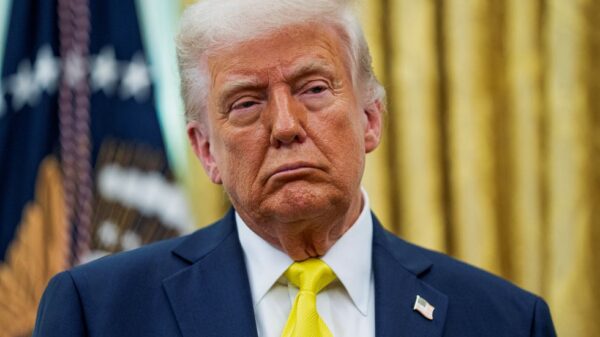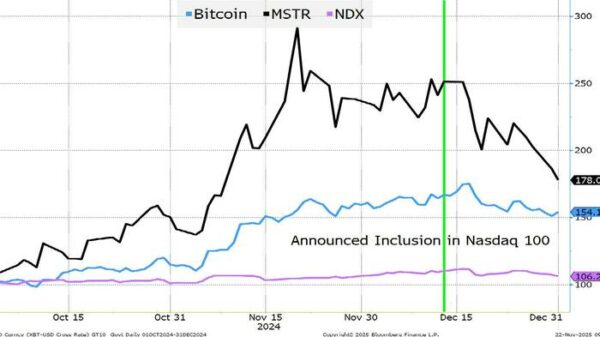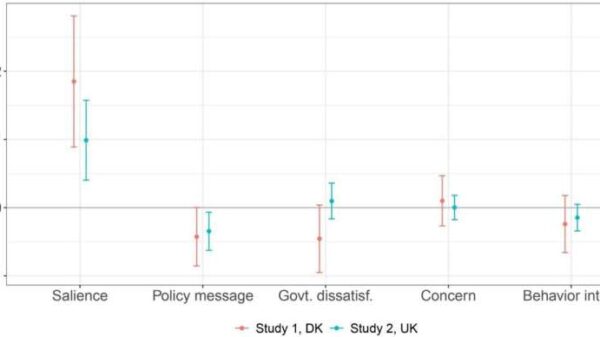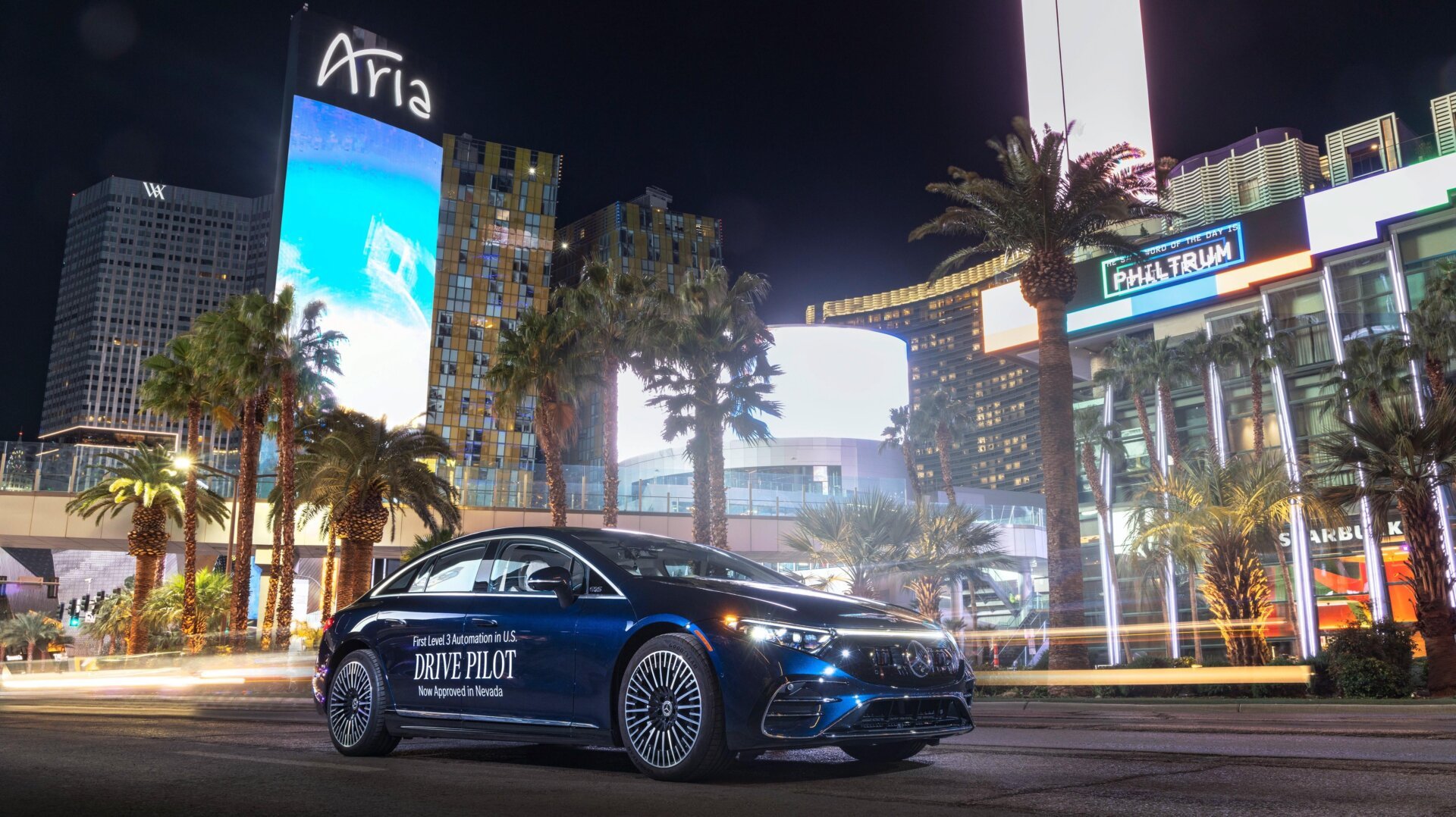Mercedes-Benz reported a mixed performance in its second-quarter sales, revealing a 9 percent global decline despite robust demand in the United States. The German luxury carmaker released its figures on July 8, 2025, indicating that while sales of high-end models surged, geopolitical tensions and tariff policies have significantly impacted its overall performance.
In the United States, demand for luxury vehicles is on the rise. Sales of Mercedes-Benz’s premium offerings, including the AMG lineup and the renowned G-Class, increased by 26 percent year-over-year. The company also noted a remarkable 34 percent jump in plug-in hybrid electric vehicle (PHEV) sales during the last quarter. However, this positive trend contrasts sharply with global figures, where overall sales fell to 453,700 vehicles sold worldwide between April and June.
Impact of Tariffs on Sales Strategy
Mercedes-Benz attributed its global sales decline to “new global tariff policies,” particularly referencing the protectionist measures implemented by President Donald Trump. The company is adjusting its strategy by slowing down deliveries and keeping dealer inventories low to mitigate the impact of tariffs in key markets like the U.S. and China. According to Mathias Geisen, a member of the Mercedes-Benz Group’s board, “We see good customer demand in the U.S. and Germany for our products, including our top-end vehicles, despite tariffs impacting our global sales in the second quarter.”
The company’s struggle with trade restrictions reflects broader challenges faced by foreign automakers in the current geopolitical climate. Mercedes-Benz is now prioritizing defensive strategies, such as trimming dealer stock and rerouting logistics to navigate the complexities introduced by tariffs.
While the U.S. market has emerged as Mercedes-Benz’s second-largest globally, the company is simultaneously contending with fierce competition in China. Although Mercedes claims to be the top luxury brand in the country, it faces significant challenges from domestic manufacturers like BYD and ongoing price wars with Tesla. Beijing’s policies favoring local brands have further squeezed the market share of imported vehicles.
Future Prospects and Electric Vehicle Adoption
Despite these challenges, there are signs of optimism for Mercedes-Benz. The company reported that electric vehicles (EVs), including battery-electric and plug-in hybrids, accounted for 21 percent of global sales and 40 percent in Europe during the second quarter. However, the company did not provide specific figures for battery-only EVs, suggesting that full electric adoption may not yet align with expectations.
Looking ahead, Mercedes-Benz recently launched the new CLA, an all-electric sedan that has received positive feedback in Europe. The company also teased the arrival of an electric GLC model, as part of what it describes as “the biggest series of car launches” in its history, expected in the latter half of 2025.
As the automotive industry grapples with geopolitical realities, Mercedes-Benz’s latest sales report highlights the critical interplay between politics and business. The company’s ability to adapt to these challenges will be essential in maintaining its position in the competitive luxury market. While demand for high-end vehicles remains strong, the impact of tariffs and trade policies is reshaping how Mercedes-Benz navigates the global landscape.




































































